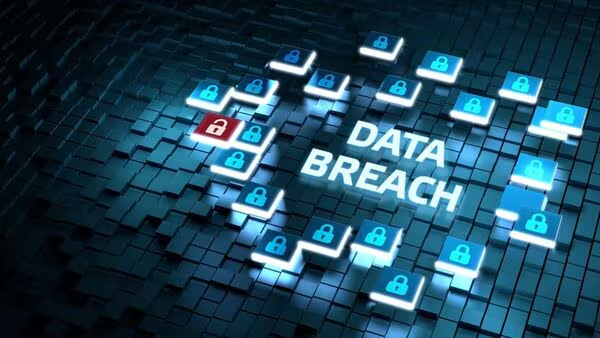According to researchers, 30 exposed datasets, each containing between tens of millions and more than 3.5 billion records, have been found in one of the largest data breaches ever. In what is being called a cybersecurity breach of unprecedented scale, researchers have confirmed the exposure of 16 billion passwords and login credentials — making it the largest password leak 2025 has seen so far.
The leak of information can give access to “pretty much any online service imaginable, from Apple, Facebook, and Google, to GitHub, Telegram, and government services,” a Forbes report stated. This alarming cyber leak in 2025 surfaced amid multiple reports highlighting the existence of a “mysterious database” containing 184 million records — a dataset sitting unprotected on a public server. The latest findings, published by Cybernews, reveal that this was just the tip of the iceberg.
According to the outlet, researchers discovered 30 massive datasets, some carrying as many as 3.5 billion records. These records — including social media and VPN logins, as well as access credentials for developer platforms and businesses — have been uncovered since early 2025.

“This is not a leak — it’s a mass exploitation blueprint. These are not recycled old breaches. This is new, weaponizable intelligence on an industrial scale,” the researchers explained.
“The implication that the credentials at issue are of great value to services utilized by large groups of individuals has sweeping ramifications,” said Darren Guccione, CEO and co-founder of Keeper Security. Due to this unprecedented data breach, experts emphasize the urgent need for improved data breach prevention. In its recent warning, Google has urged its users away from regular passwords and even two‑factor authentication (2FA), calling for the use of passkeys and social sign‑ins for more secure protection of their accounts.
Also Read :
https://thefirstcritic.com/us-student-visa-restarts-with-social-media-checks/
Google’s most recent warning urges users to switch to passkeys and social sign-ins for improved account security, as well as to move away from conventional passwords and even two-factor authentication (2FA).
“It’s vital that you use tools that automatically secure your account and defend you against scams,” the California firm said. According to Google, passkeys are “phishing‑resistant” and enable seamless logins using biometrics such as a fingerprint, facial scan, or pattern lock, making it much harder for hackers and infostealer malware to gain access.
With billions of records exposed and available for sale, this cyber leak 2025 has put a spotlight on the growing threat posed by the dark web and underscored the critical role of robust cybersecurity practices, including dark web monitoring, to mitigate the risk posed by such unprecedented data breaches.













More Stories
Russia–Ukraine War: Key Updates and Global Impact – December 2025
UAE to Build ‘India House’, Plans to Make Yoga a Competitive Sport
US, China Move Closer to Trade Agreement Ahead of Trump-Xi Meeting; Tariff Threat “Off the Table”